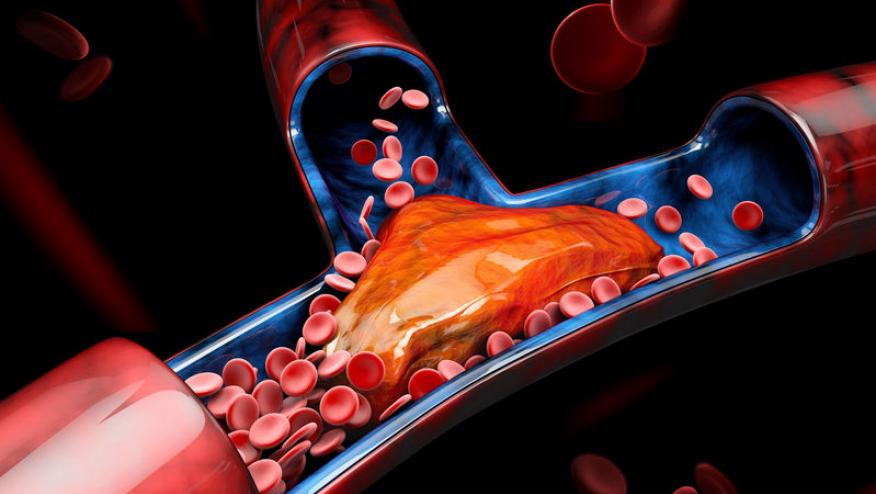Cytomegalovirus Increases Thromboembolism Risk in ANCA-associated Vasculitis Save

Infection may play an important role in the genesis of vasculitis and ANCA seropositivity; this report suggests that past cytomegalovirus (CMV) infection may be a risk in the occurrence of venous thromboembolism (VTE) in patients with anti-neutrophil cytoplasm antibody (ANCA)-associated vasculitis (AAV).
Interestingly, CMV is known cause of vasculitis and may be a risk factor for VTE. AAV patients are known to be at higher risk for VTE.
This retrospective study analyzed outcomes of 259 UK patients with a new diagnosis of AAV. VTE was seen with 12% of AAV patients. With a median follow-up period of 8.5 years 60% of these VTE occurred within the first 12 months following diagnosis.
Patients who were CMV seropositive had a 3 fold higher rate of VTE compared with seronegative patients (16% vs. 5%; p = 0.007). CMV seropositivity was an independent predictor of VTE in multivariable analysis (HR 2.96) and was confirmed to be a significant risk factor for VTE in the American validation cohort (p = 0.032).
VTE is common in patients with AAV, especially within the first year of diagnosis. This risk may be driven, in part, by prior CMV infection.










If you are a health practitioner, you may Login/Register to comment.
Due to the nature of these comment forums, only health practitioners are allowed to comment at this time.